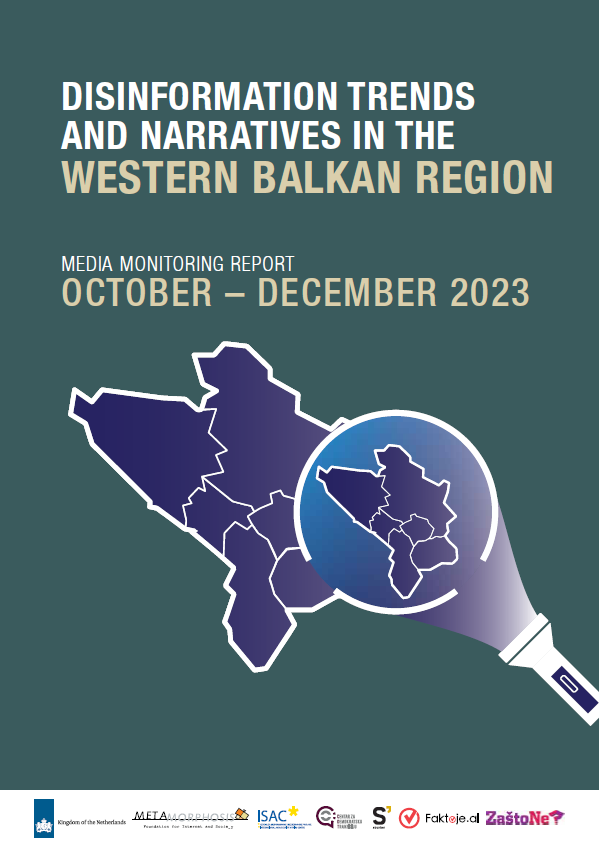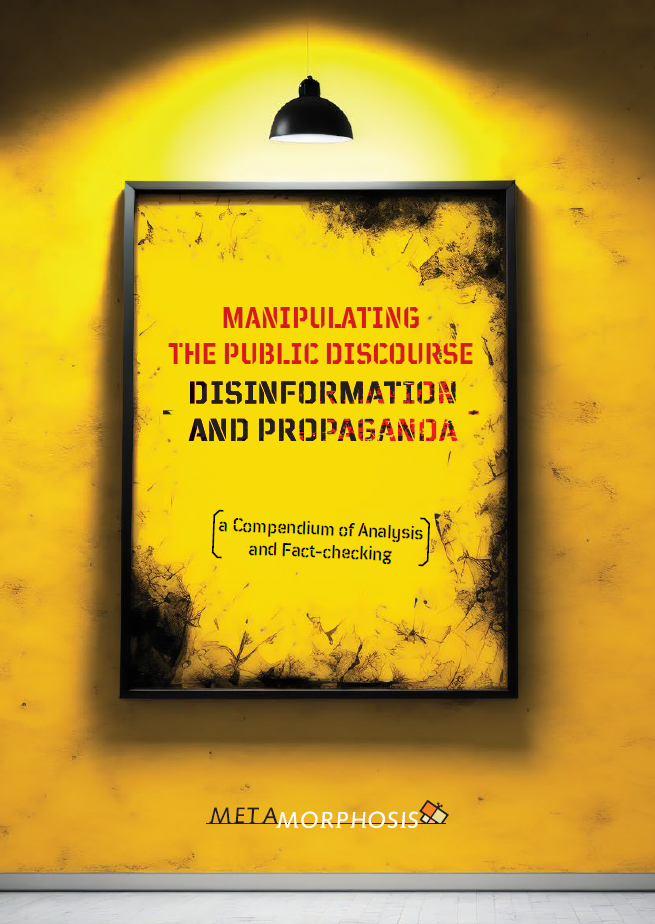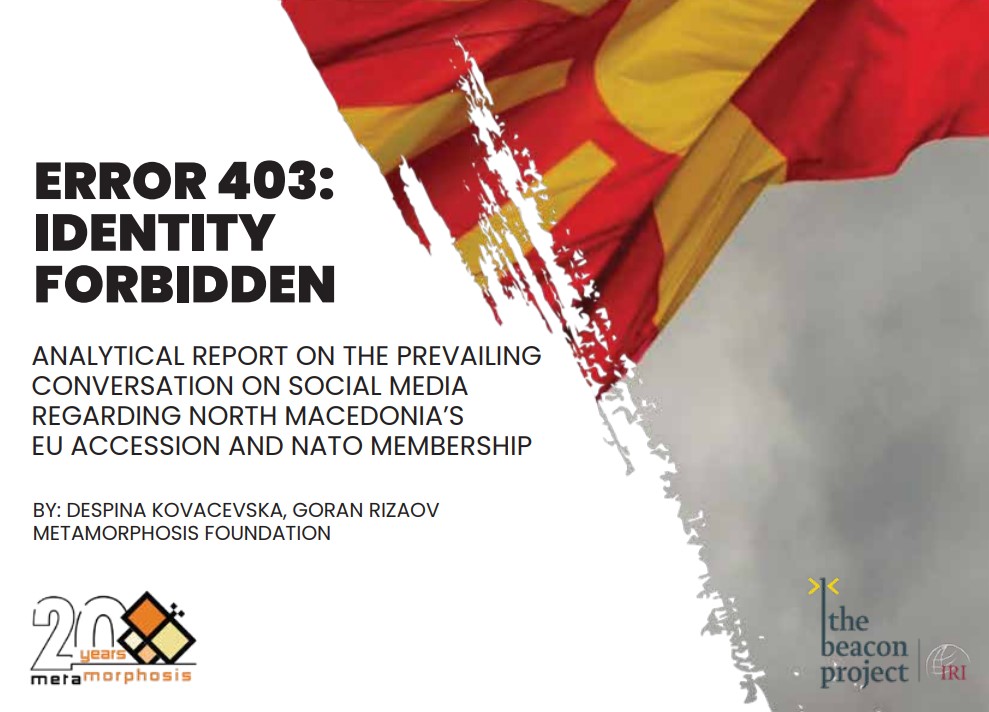With the latest amendments to the Electoral Code from February 2020, some improvements have been made, primarily in voter registration, in voting procedures, and in expanding and clarifying the competencies of the State Audit Office (SAO) and the State Commission for Prevention of Corruption (SCPC) on financial control.
However, the election model remained with six constituencies (in the country) and with a proportional collection of results, favoring only the major parties and reducing citizen participation and cyclically causing political crises.
This is the main finding of the Metamorphosis survey conducted in May 2020, as part of a regional project that looks at the country’s progress in five key areas for EU accession – electoral system, administration, the fight against organized crime and corruption, the judiciary and the media situation.
Many of the recommendations of our experts from last year’s survey remain valid, especially those that advocate for the change of the electoral model, for drafting a completely new Electoral Code, improving the Voters’ List, excluding or modelling the system of budgetary financing of election campaigns in the media and others.
In addition, organizing elections in a pandemic, i.e. a coronavirus epidemic, requires a much more serious approach, with all the details thought out in order to avoid the danger to voters and other participants in the election process.
This research was prepared according to the available data by the end of May 2020. This research was conducted as part of the regional project “Western Balkans and the EU Accession Process: Applying Political Criteria”, led by the Center for Democratic Transition in Podgorica, Montenegro. The project is supported by the Royal Norwegian Embassy in Belgrade and the Balkan Trust for Democracy, a project of the German Marshall Fund of the United States.




























